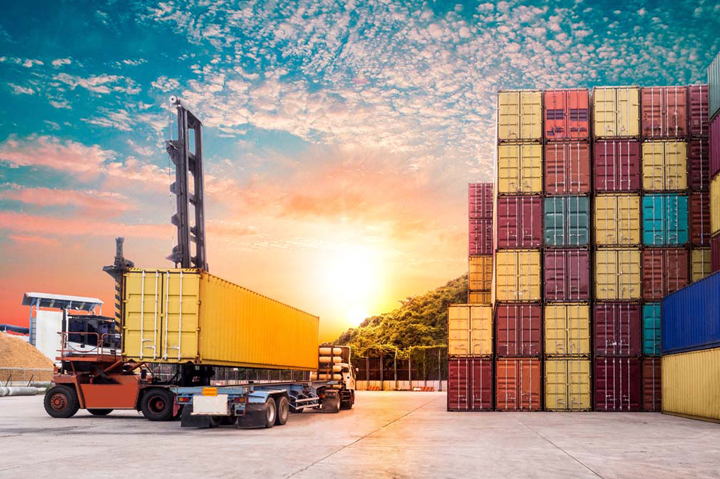
A WORLD Trade Organization (WTO) official urged the developing countries to enhance their logistics industry in pursuit of better trade and economic development amid the pandemic.
WTO Deputy Director-General Anabel González said in a recent webinar that logistics services are the “glue” that keeps the value chains intact and allows cross-border flows of goods.
“Numerous studies have shown that a country’s competitiveness highly correlates with its logistics performance which relies on not only infrastructure, so-called hardware, but also software, namely, the ability to supply cost-effective logistics services and the enabling environment,” González said.
“Developing countries urgently need to improve their logistics capacity in the pursuit of development goals,” she added.
She stressed that international logistics operations allowed for the delivery of medical supplies, Covid-19 vaccines, food and other essential goods during the pandemic. These include transport, storage and distribution, she said.
While logistics are crucial in delivering Covid-19 jabs, González said the same are also necessary for production, noting the shipments of vaccine inputs.
The rapid shift to digitalization also led to a boom in the e-commerce segment, the WTO official said, noting that this also has an impact on the logistics sector as a result.
“To address deepened complexity and increased uncertainty in business, digitalization is now seen as a must for any logistics operation and supply chain management,” she said.
As an example, she said the “quick deployment of Internet of Things allows better track and trace shipment and enables the rapid exchange of information between all parties involved along a supply chain.”
González pointed out that making the logistics sector resilient even after the pandemic lies on automation and digitalization.
But the WTO official said the logistics industry is faced with challenges amid the accelerated digitalization, citing trade protectionism, new regulatory environment, cybersecurity and lack of interoperability among stakeholders’ platforms, among others.
“Logistics services providers are also under tremendous pressure to meet customers’ ever-increasing demand,” she said. “For example, the world is expecting a quick solution to supply chain bottlenecks such as rising shipping rates, container shortage, port congestions, which are also some of the serious consequences of the Covid-19 pandemic.”
As such, González said the policy- makers should consider the digital transformation and challenges on the part of the logistics service providers.
She said the ongoing trade negotiations should factor in paperless trading, market access, interoperability and digital platforms, among others, to make the industry resilient.
“Policy-makers would appreciate having more clarity on how digitalization is transforming logistics services and where new challenges arise as governments are promoting digitalization and at the same time strengthening logistics resilience,” she concluded.
A recent study commissioned by Google Philippines said the local digital economy may “unlock” P5 trillion in economic value by 2030.
About P334.2 billion of this amount is expected to come from digitizing the supply chains amid the prolonged global shipment delays. Some of the technology applications for this are Internet of Things-enabled supply chain management in the agriculture and manufacturing sectors; and smart ports.
Image courtesy of Getty Images

